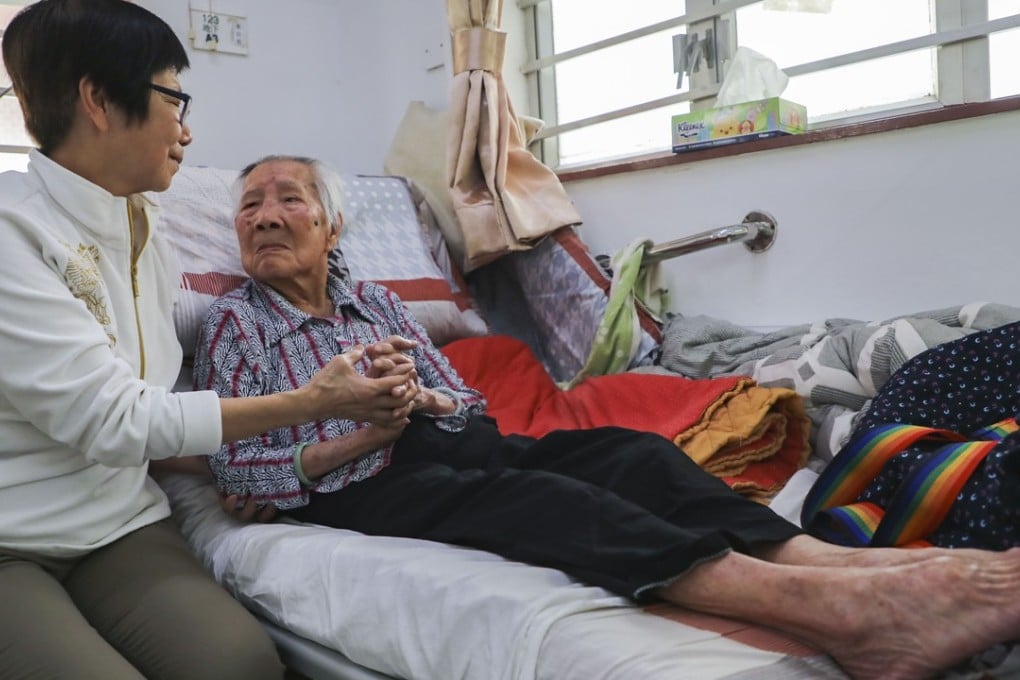Elderly care is skilled work, and Hong Kong’s migrant domestic helpers should be recognised for their skills
Daisy Tam says care work should not just be seen as a labour of love, and a proper recognition of the skill requirements of the job would not just be fair, but also – when the carers feel appreciated – result in a higher quality of care

However, this type of work remains mostly invisible and unacknowledged; whether caring for a baby or cooking for a sick parent, domestic care work has often been confoundingly regarded as a “labour of love”.
Care work is work. Anyone who has taken care of a child, sibling, parent, friend, ill or in good health, would recognise the time and skill requirements, opportunity and financial costs, and the physical and emotional investment. Skills vary, but often, it requires some form of knowledge, be it medical, culinary or linguistic, in addition to emotional labour.
The ILO estimates that, globally, 16.4 billion hours are spent in unpaid care work every day, and when valued on the basis of an hourly minimum wage, it would correspond to US$11 trillion, equivalent to 9 per cent of the global gross domestic product.